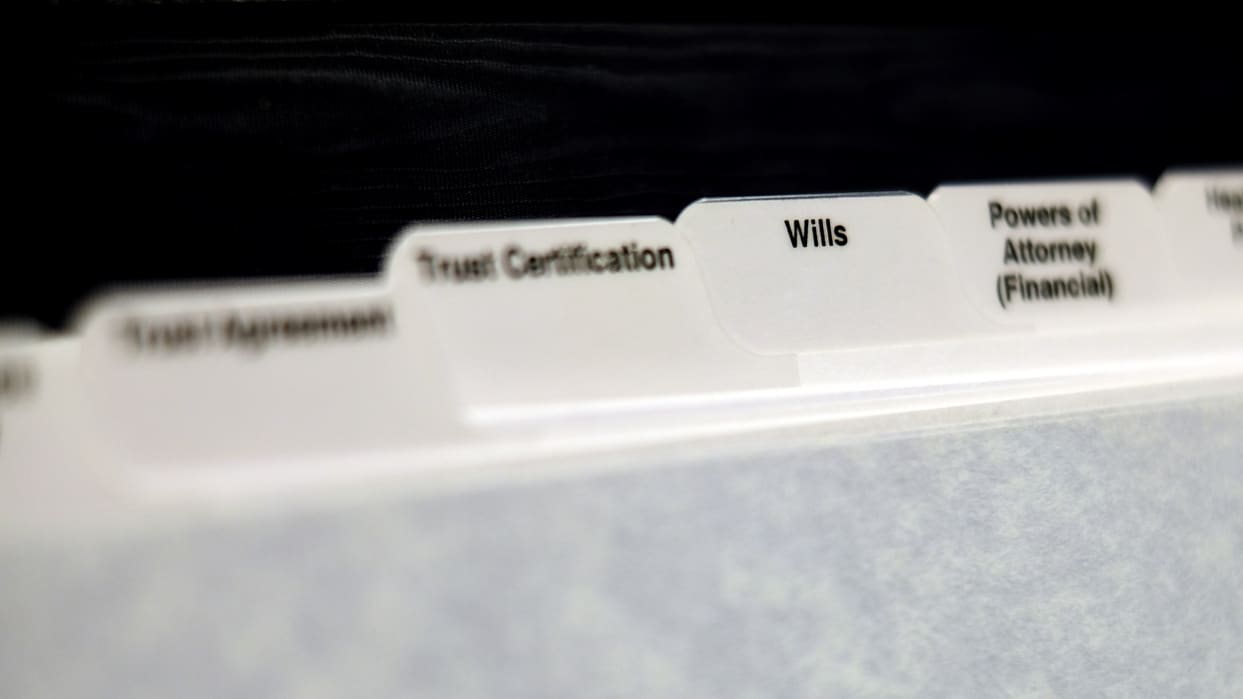
Among the notable figures who have crossed over to Congress are leaders who previously held significant positions within AAP. Their departure represents a major setback for AAP, potentially undermining the party's campaign efforts and altering voter dynamics. This exodus is seen as a reaction to internal disagreements and dissatisfaction with AAP's leadership and strategy.
The influx of these new members into Congress is not just a numerical boost but also a strategic one. These leaders bring with them a wealth of experience, political clout, and, importantly, grassroots connections that could enhance Congress's outreach and appeal to voters in Delhi. Their prior roles in AAP involved extensive interaction with local communities, which could now translate into increased support for Congress in the upcoming election.
This development is part of a broader trend where political leaders switch parties as elections approach, seeking to align themselves with what they perceive as the most advantageous platform. The defection also underscores the fluid nature of Delhi's political scene, where alliances and party loyalties can shift rapidly.
Political analysts suggest that these defections could lead to a realignment of power dynamics in Delhi. Congress, historically a major player in the city's politics, has been working to reclaim its influence, which has waned in recent years with the rise of AAP. The addition of former AAP leaders is seen as a tactical move to regain lost ground and consolidate support.
For Congress, this influx provides an opportunity to capitalize on the experience and insights of the new members, potentially leading to more effective campaign strategies and voter engagement. Conversely, AAP faces the challenge of mitigating the impact of these defections and addressing the underlying issues that led to the discontent among its ranks.
As the election date draws nearer, the political landscape in Delhi is becoming increasingly dynamic. The shifting alliances and realignments reflect the high stakes of the forthcoming polls and the strategic maneuvers by key players to secure electoral success.
This series of events highlights the unpredictable nature of political contests, where strategic decisions and shifting loyalties can dramatically alter the course of electoral outcomes. The full implications of these defections will unfold as the election campaign progresses and voters respond to the evolving political narrative.
